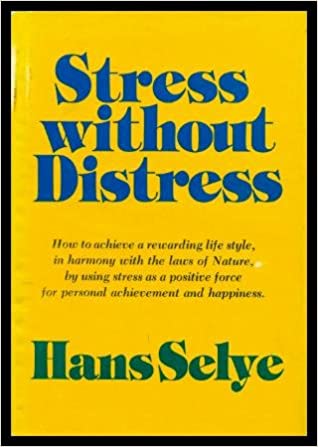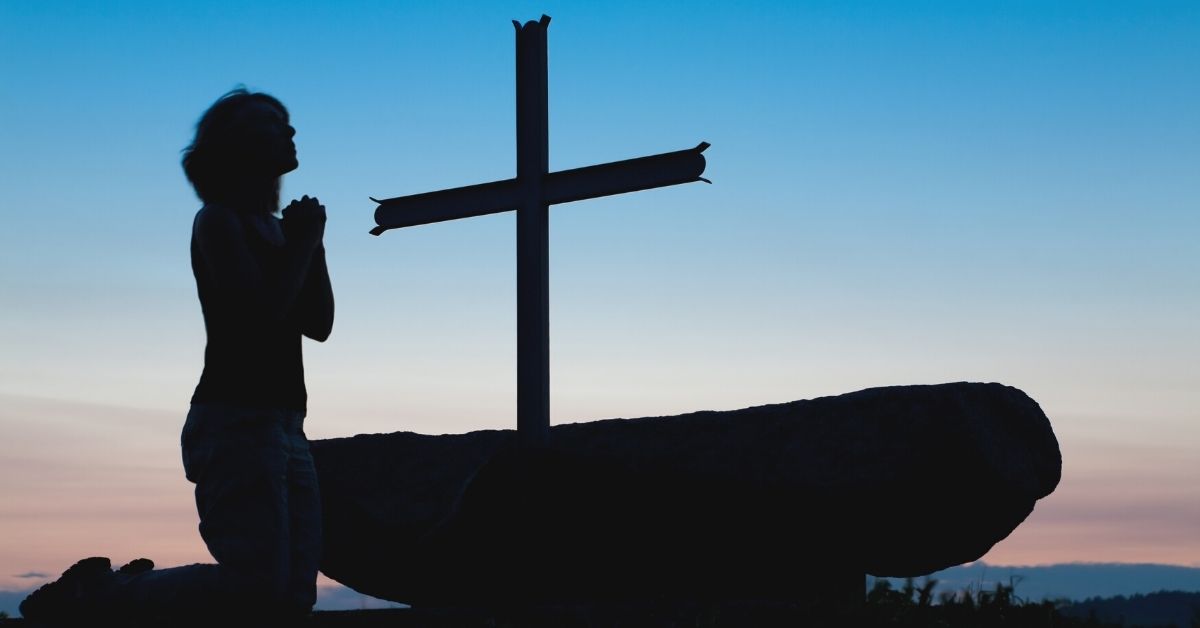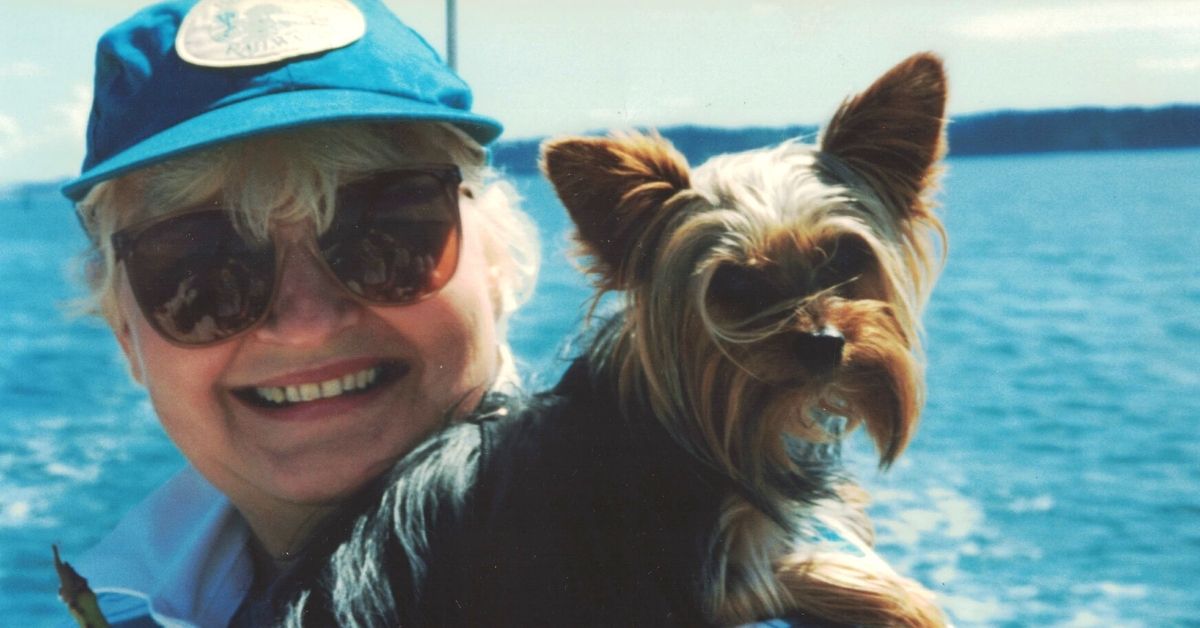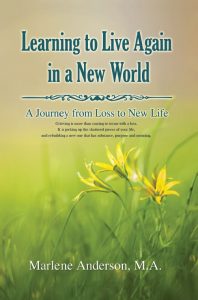Listen to this episode of the Focus with Marlene Podcast
Get caught up with all episodes in the “Make Stress Work For You” series
Properly channeled, stress enables us to live happy, energetic, productive lives. It enables us to meet dangers and defend ourselves.
We live in stressful times, constantly bombarded with change and the need to go faster and faster while still maintaining a high level of productivity. As more and more demands are put on us, worry and anxiety become the norm.
But along with unexpected tragedies, adversities, losses, and unwanted changes, we can enjoy times of incredible joy and happiness. We can make stress work for us.
 I became interested in the subject of stress years ago when studying the effects high stress can have on our lives. One of the books in my study was written by Hans Selye, MD, professor, research scientist and author of Stress without Distress.
I became interested in the subject of stress years ago when studying the effects high stress can have on our lives. One of the books in my study was written by Hans Selye, MD, professor, research scientist and author of Stress without Distress.
He spent a lifetime researching and explaining the body’s physiological response to stress. He wrote, “Stress is the body’s nonspecific response to the demands placed upon it.”
In other words, it enables us to adapt to any new situation, whether it is cheering our favorite football team, responding to a threat, or completing tasks. It is how we are able to respond to life.
However, when that stress response is activated without a place to productively use that energy, it begins to work against us, becoming distress.
Other researchers in that time period also worked on the science of how our body adapts to the demands placed on it. I had the good fortune to attend many professional educational workshops on this same topic.
There will always be ups and downs and difficult times that require careful thought, planning and flexibility to meet our challenges. If we use our normal stress energy on endless worrying, anxiety and fear, we soon become exhausted and our ability to be proactive and productive becomes diminished.
Can we live without stress?
No, and we don’t want to. We need stress to live. It allows the body to function. It allows us to accomplish things.
We could liken ourselves to that of a well-maintained car engine. As long as it is taken care of, it will run effectively and smoothly for a long, long time. But when neglected or not taken care of, that engine will begin to break down.
How we respond to life’s difficulties makes a difference. When our focus is on problem-solving and creating plans of action, it is using that stress energy effectively.
In its truest sense, stress means energy.
Our body is constantly adapting. If we couldn’t adapt, we wouldn’t be unable to go to work, have families, make goals and do all the things we do every day. It is stress that allows us to adjust to whatever is happening, whether cheering at a football game or responding to a threat. It is our ability to respond to life – mentally, emotionally, socially and physically.
We are born with a certain amount of adaptive ability to use throughout our lifetime. When it is used up, we don’t get any more.
It is estimated that up to seventy-five percent of doctor’s visits can be attributed to high and prolonged levels of stress.
When used positively, however, we can live long and productive lives. Stress is not something to be avoided – but to be harnessed.
 In the upcoming weeks, I will share more on how to use this adaptive ability work to help you live a productive life.
In the upcoming weeks, I will share more on how to use this adaptive ability work to help you live a productive life.
My book, Make Stress Work for You! 12 Steps to Understanding Stress and Turning it into a Positive Force, contains information on how to recognize your stressors so you can change your responses.
Get the ebook, audio recordings, study guide, and four bonus resources for only $19.99.














